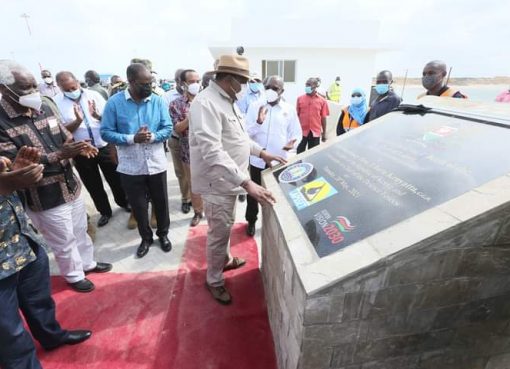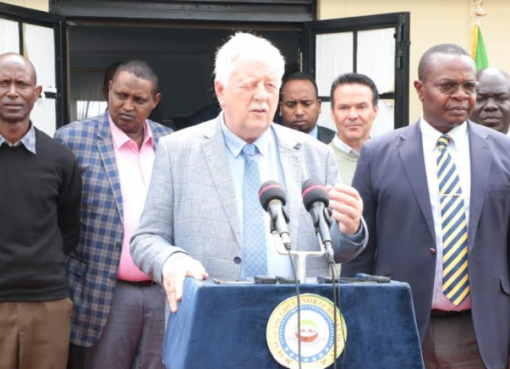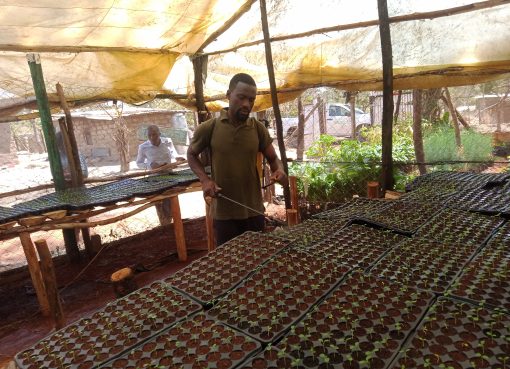The department of Water in Tana River County plans to adopt an ultra-modern water purification plant known as the Seabox to solve water turbidity and contamination challenges affecting the county’s water supply.
The Acting Water Chief Officer in the County Government of Tana River, Engineer Felix Mumba, said the move is in recognition of the urgent need for a sustainable solution to the perennial cases of bilharzia and cholera, hence the partnership with Sea Box Solutions, a renowned global leader in water purification technology, to bring about a transformative change.
“The existing water sources are often contaminated, leading to severe health issues among the population. We are confident that moving forward we are going to define quality in the water we consume,” he said.
Speaking to the press today in his Hola office, Eng.Mumba said the plant utilises a multi-stage filtration process, including membrane filtration, activated carbon absorption, and disinfection through ultraviolet radiation, and will purify 100,000 litres of water per day.
The comprehensive treatment process effectively removes impurities, sediment, bacteria, viruses, harmful metals and chemicals, producing high-quality drinking water.
“Seabox is a revolutionary concept that combines portability, efficiency, and advanced purification techniques, the water it produces is of international standards, and I believe it will be the only one in the country,” said Engineer Mumba.
The plant is housed within specially designed shipping containers, allowing for quick installation and mobility. It incorporates solar panels and energy-efficient systems, enabling it to operate off-grid and reduce its carbon footprint.
Additionally, the plant employs a smart monitoring system that continuously analyses water quality and plant performance, ensuring optimal efficiency and minimal waste.
“We are looking at a technology that will provide purified water to 20,000 households every day for the next 25 years before servicing it,” he said.
The administration also seeks to use the plant as an educational resource, offering training programmes and workshops on water conservation, hygiene, and sustainable practises.
Residents have applauded the technology, describing it as a cutting-edge technology and a game-changer in solving the long-standing water challenges facing the region.
“It will significantly reduce the burden of waterborne diseases and improve overall health outcomes, particularly among children, we can’t wait to see it in action,” said Mwanaharusi Maro.
Ms Maro notes that the availability of clean water will stimulate economic growth and development in the region.
By Simon Guruba





